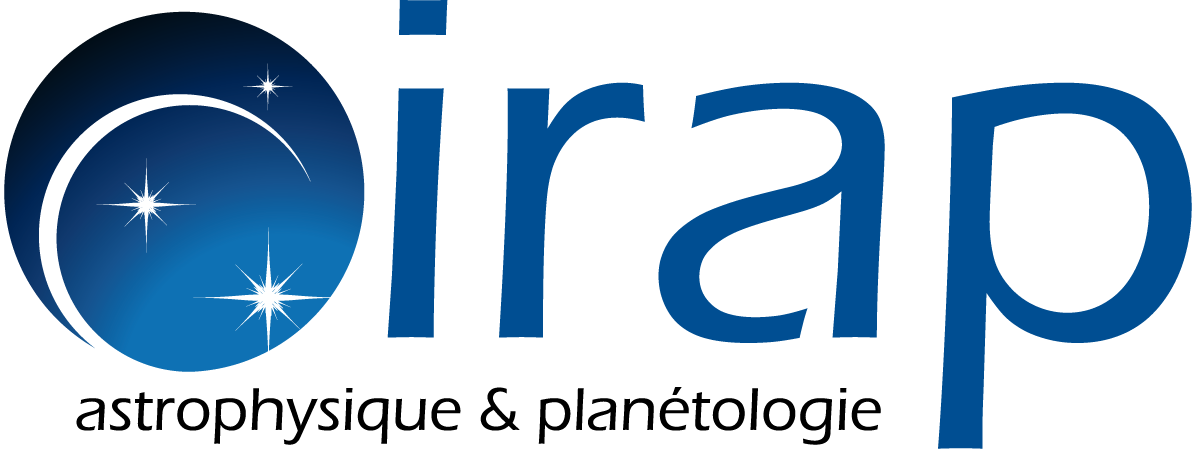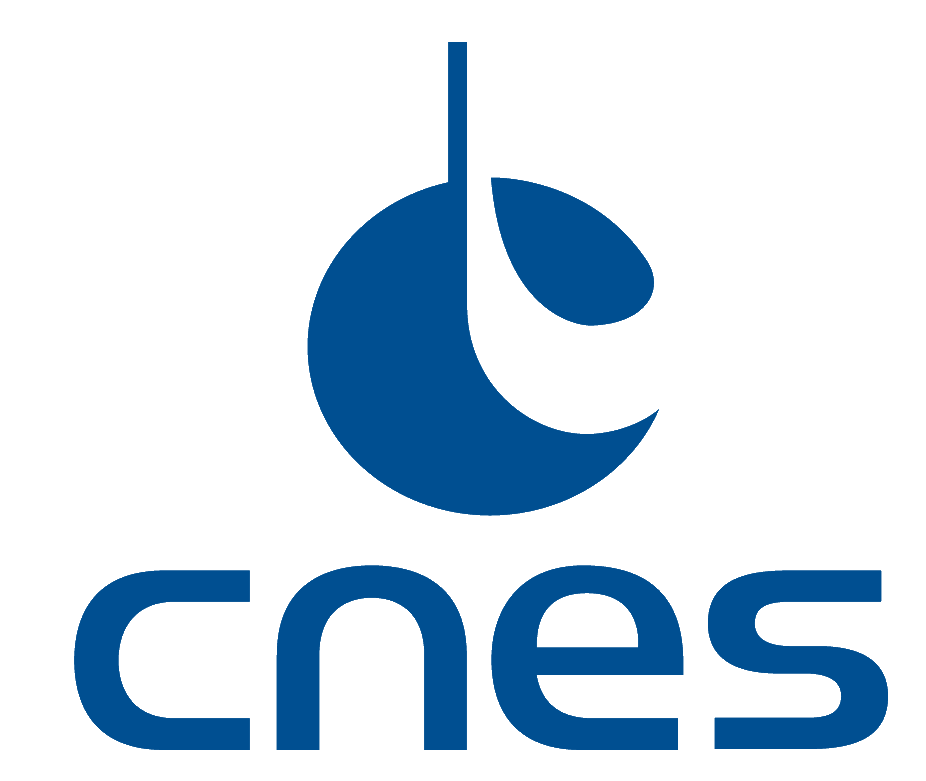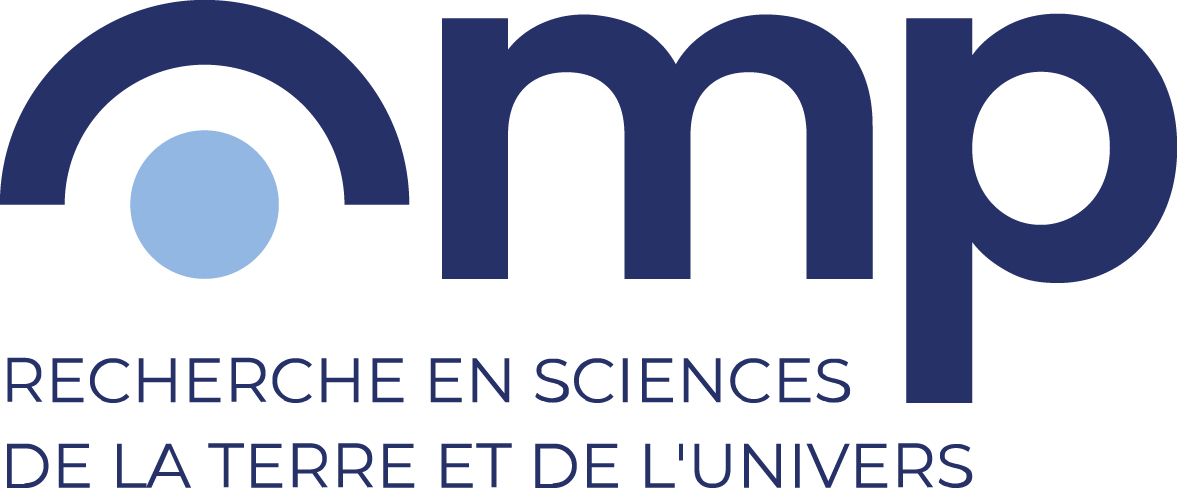Successful launch for Solar Orbiter!
The European probe begins its journey towards the centre of our Solar System, with French science in the spotlight.

On Monday, February 10, 2020, at 05:03 a.m. French time, Solar Orbiter left the Earth on board an Atlas V 411 launcher from Cape Canaveral, Florida, heading towards the Sun. Its cruise will last just under two years and its scientific mission between five and nine years. Dedicated to solar and heliospheric physics, the objectives of the probe are to explore the solar wind and understand the activity of our star. Solar Orbiter will thus make it possible to better characterize the Sun’s eruptive phenomena and to understand how the Sun controls its environment and the interplanetary magnetic medium, also known as the heliosphere. Because of its recognized scientific expertise, France has contributed, via CNES, CNRS and CEA, to the construction of six of the ten instruments equipping the payload.
IRAP Contact
- Alexis Rouillard, alexis.rouillard@irap.omp.eu






